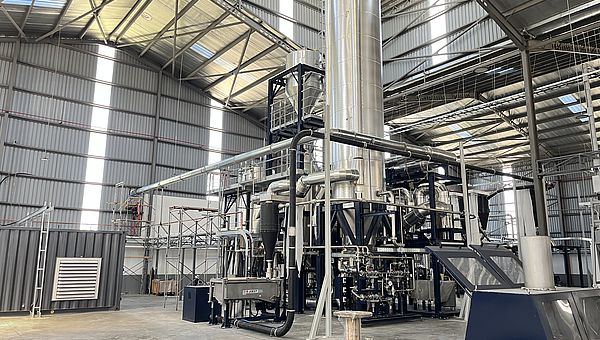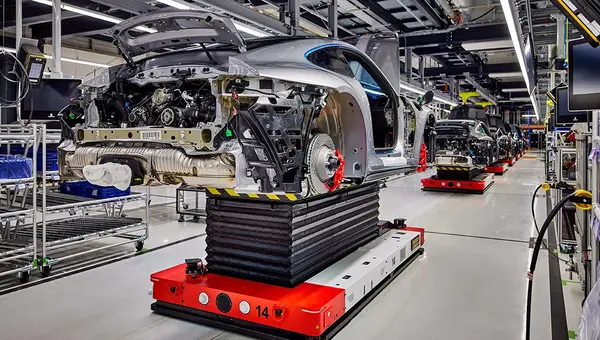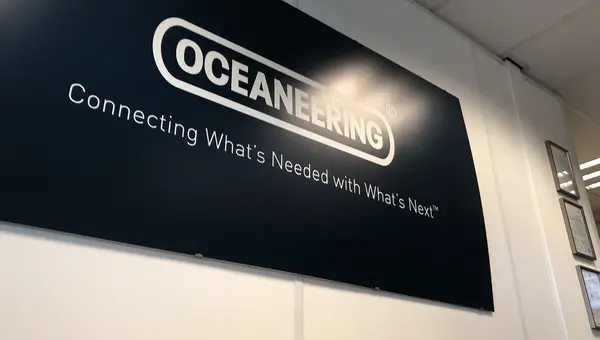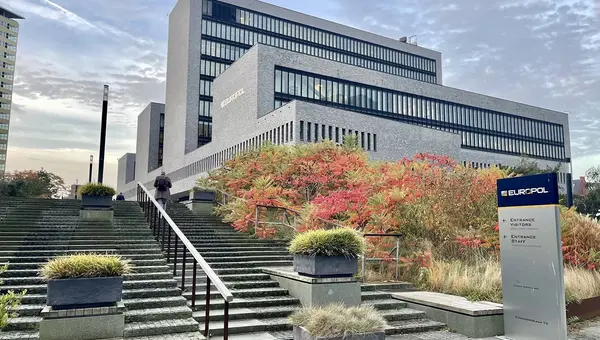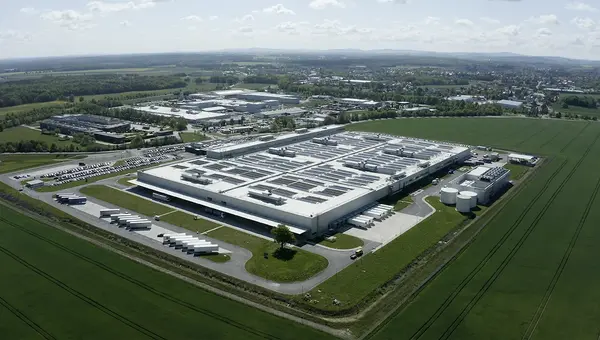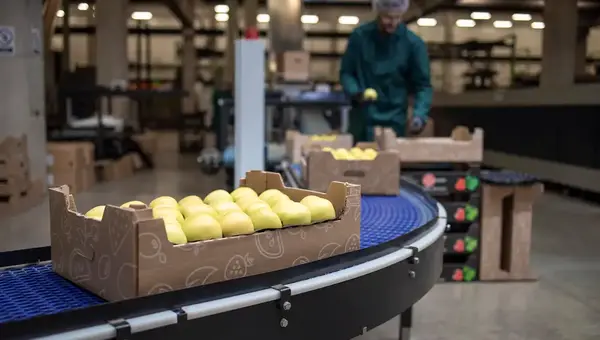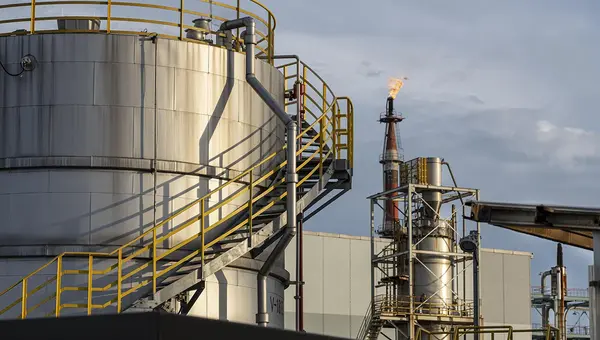A large gas processing facility was facing frequent inefficiencies and safety risks due to ageing glycol reboilers used in its dehydration system. The existing boilers were undersized for current throughput demands, and inspection revealed significant wear on the internal boiler tubes, posing both performance and integrity concerns.
A turnaround project was initiated to redesign, resize, and refurbish the reboiler system to meet production targets while improving energy efficiency and reliability.
The Challenge
At one of the country’s largest gas processing facilities—responsible for supplying 23% of national gas demand—ageing glycol reboilers in the dehydration system were creating persistent inefficiencies and safety concerns. The original units, installed years earlier, were no longer adequately sized to meet current throughput requirements. Internal inspections revealed significant degradation of boiler tubes, including metal fatigue and scale buildup, which compromised both heat transfer performance and operational safety.
With rising energy consumption and mounting integrity risks, plant leadership initiated a major turnaround project to revamp the system. The goal was to redesign, resize, and refurbish three glycol reboilers to restore performance, improve energy efficiency, and extend the equipment’s service life—all while adhering to a strict six-month shutdown window and budget constraints.
This was no ordinary project. As a live brownfield site supplying a critical portion of the country’s energy, any unplanned downtime would trigger the need for emergency measures—either drawing from gas reserves or sourcing alternative supply from continental pipelines. Strict HSSE controls were required throughout the turnaround, especially during commissioning. Additional layers of coordination were needed to manage the logistics of heavy equipment—such as cranes—on-site, while ensuring full compliance with oil and gas safety standards, including the continuous deployment of gas and flame detection systems.
Our Approach
A structured turnaround methodology was adopted to deliver the project safely, efficiently, and on schedule.
The first phase involved conducting a detailed root cause and feasibility assessment. Thermal simulations and inspections confirmed that the existing boilers lacked adequate heat exchange surface area and were suffering from metal fatigue. Engineering teams recalculated thermal loads based on revised flow rates and environmental conditions, which informed a comprehensive redesign of the boiler systems.
During the design and procurement phase, mechanical and thermal engineering designs were developed and validated against international codes such as ASME and API. Special attention was given to material selection, with high-performance alloy tubes specified for improved durability and heat transfer. To avoid project delays, long-lead items were procured in parallel with site civil preparations.
Execution began with the safe decommissioning of existing reboilers. Tube bundles were extracted and replaced under carefully controlled conditions, ensuring adherence to all HSSE protocols. The project was managed on a compressed schedule, with multiple workstreams running concurrently to maintain momentum.
Following installation, the commissioning phase included pressure testing, thermal profiling, and calibration of instrumentation. Operational teams received targeted training on new standard operating procedures to ensure seamless integration of the revamped systems.
